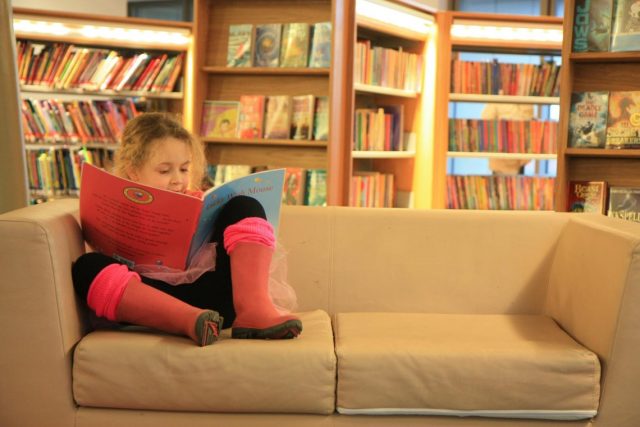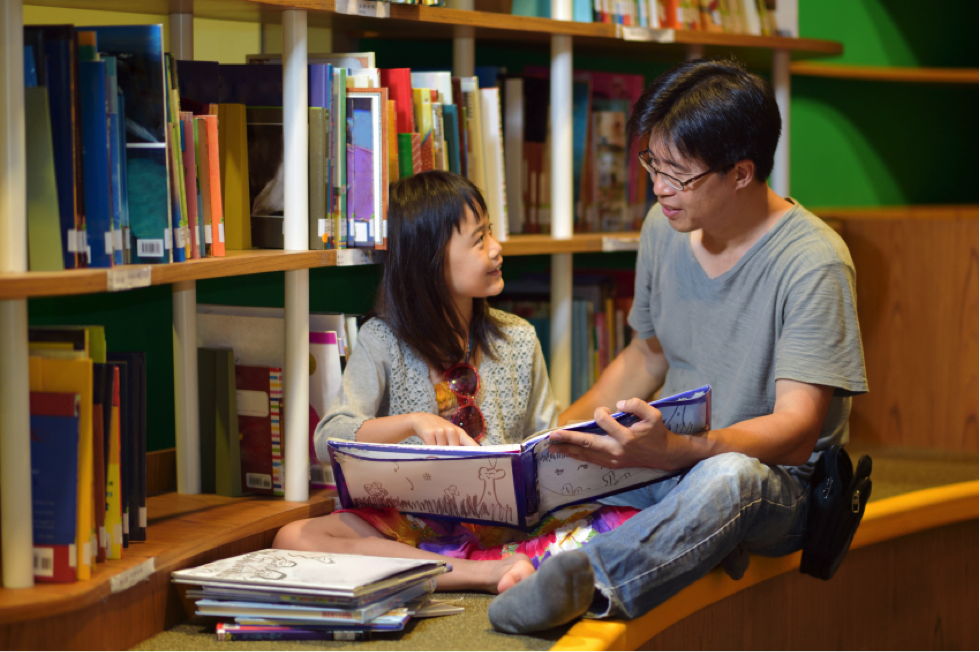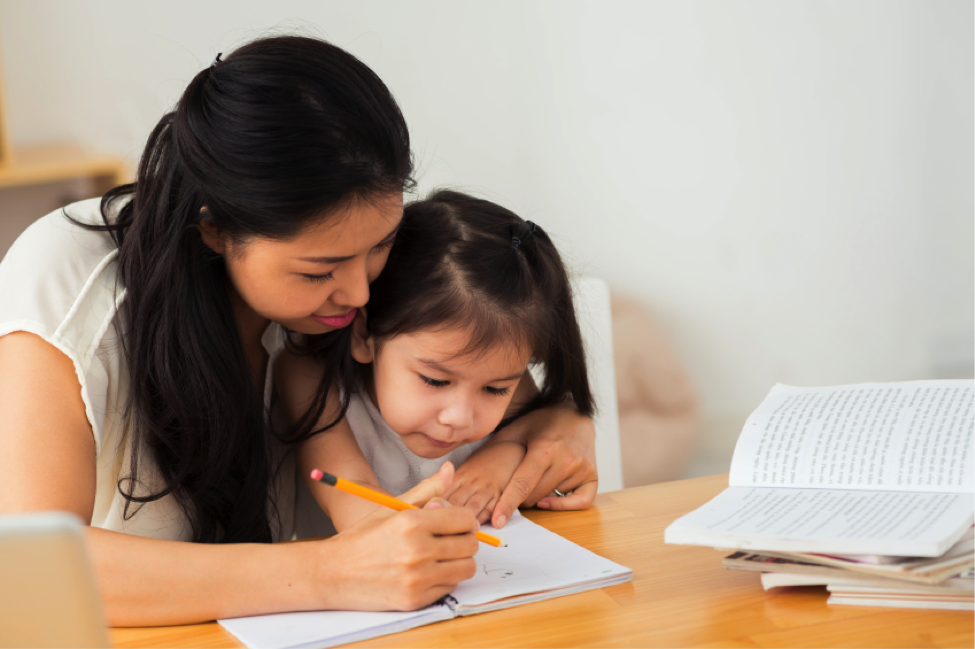How can you help your child to improve their reading skills at home?
Many parents understand that reading is foundational for a successful education, and therefore they want their children to get a good head start on reading. When it comes to helping their children at home, however, they are unsure about where to start, and how to get the balance right. Young children need special guidance to kickstart their reading careers. They may become easily discouraged or put off by an overly-rigorous approach, and not challenged enough by an approach which is disengaged and laissez-faire. If you’ll take the time to learn about what early readers really need for a boost at home, read on.
The parents’ role at home is of utmost importance in a child’s formative years. A child’s beginning years are very important for establishing solid reading skills, and it is the parents who can make a difference in whether they succeed or fail. A kid’s parents are her primary teachers for several reasons. First, children long for their parents’ approval and seek to emulate them. Second, parents know their child the most, and can instinctively know what’s best for their learning preference or expression of personality. Third, home routine is familiar and children are not distracted by school life in the comfort of their own home.
Although parents may realize the importance of their involvement in their child’s education, parents need guidance on how to best help their child to become a successful reader. Helping your child learn to read is not as much of a chore as you may think: literacy looks like fun and bonding possibilities for parent and child. At the beginning of a child’s reading experience, the tasks are fun, and with the help of a good home approach, this can pave the way for school-like tasks which require more discipline and focus. Below are some tips for helping Early Readers at home.
Tips for Helping Early Readers

Set aside time each day for your child to read to you, and for you to read to your child.
Go to the library with your child and have them pick out a few books at their level.
• Go to the Early Readers section for their reading level, and have your child read to you for 15 minutes a day. Have patience with your child, let them struggle to read unfamiliar words before you tell them what they say. When they are successful be sure to use lots of praise.
• Use the picture book section at the library for them to choose books according to their interest. Picture books usually are to be read by an adult and are therefore at a higher level. Picture books can be reserved for story time before a child goes to bed, if you want to add that to your daily routine it will help your child to really love learning things they are interested in, and sharing that with you will be a joy for all involved. During storytelling time, discuss what your child thinks about the characters, or what happened. Have them predict and reflect. Re-read favourite books over and over again.
Have your child write and draw about the stories you have read together.
They can write a new ending, retell the main events, replace a character with someone else, visualize what a place or character looks like in the story, write their opinion about a character or event in the story, or relate something from the book to their own life. All of these tasks will help them to develop a foundation for literacy education.
Make reading a family activity.
Have your child see you reading. Create a reading time. Carve a space in your house where books, magazines, and reading games are present. Share your favourite childhood stories with your child, even if there is no book and it is an oral activity. Your child will develop a love of reading through emulation and mutual interest: it is like sharing a wonderful new world as a family.
Use variety and spontaneity.
Be spontaneous about reading, by allowing your child to read anywhere and everywhere. Use variety by delving into newspapers, labels, street signs, packaging, recipes, or computer software. There are also many online word games to support your child’s early literacy. The variety and spontaneity helps your child develop a well-rounded expertise, it keeps them on their toes, and it gives them the feeling that they are surrounded by opportunities to read.
Have your child use strategies to read print.
Strategies for reading new words can include: sounding out the first letter, chunking a word into two parts if it is long, thinking of another word which has similar spelling, or skipping a word and reading the rest of the sentence to guess what the word might be later. All of these learning strategies will be more fun if there are a variety of texts to choose from.
Share information with teachers & make sure to keep your child on task at home & at school
The home-school connection is very important for making good study habits. Your child’s teacher probably has some insight and advice which would be valuable for you to know and use at home. Try to keep the communication consistent, and your child’s teacher will thank you because teachers often long to have an insight into their students’ home lives.
To learn more about Early Literacy Foundation Program at Little Mountain Learning Academy, please click here.



 3 After School English Learning Activities
3 After School English Learning Activities